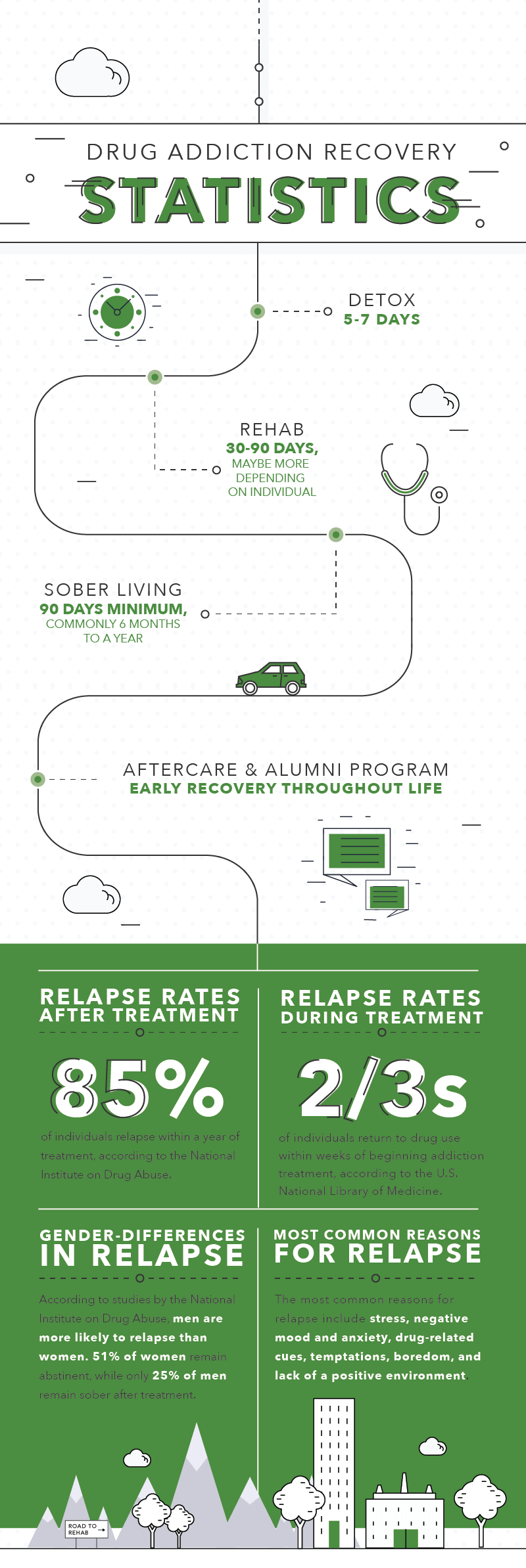Why Aftercare In Drug Rehabilitation Is Critical For Long-Lasting Recuperation. Find Out Exactly How Support Systems Can Assist You Remain Sober And Construct A Fulfilling Life
Why Aftercare In Drug Rehabilitation Is Critical For Long-Lasting Recuperation. Find Out Exactly How Support Systems Can Assist You Remain Sober And Construct A Fulfilling Life
Blog Article
Write-Up By- Click On this page can not do it alone. Recovery from drug dependency requires a solid support system.
The relevance of aftercare in drug rehabilitation can not be overstated. In this post, we will check out the role of counseling, the benefits of therapy, and the structure given by peer support groups in preserving sobriety.
So, grab a mug of coffee, unwind, and allow us guide you with the critical actions of post-rehabilitation support.
The Duty of Counseling in Aftercare
If you wish to keep your soberness after leaving rehabilitation, it's essential that you proceed participating in counseling sessions as part of your aftercare strategy.
Counseling plays an essential duty in your recuperation journey by giving ongoing assistance, advice, and a risk-free area to express your sensations and issues.
Through counseling, you can address any underlying concerns that might have contributed to your dependency, establish dealing strategies, and discover much healthier ways to take care of anxiety and cravings.
It allows you to overcome any unsettled feelings and create a far better understanding of yourself and your triggers.
The Advantages of Therapy in Maintaining Sobriety
To preserve your sobriety, treatment can give various benefits.
- Therapy provides a risk-free room for you to explore and attend to the underlying problems that might have added to your addiction.
- It enables you to overcome your feelings and establish much healthier ways of handling stress and triggers.
- Through treatment, you can get a far better understanding of on your own and your patterns of actions, which can aid you make favorable adjustments in your life.
- In addition, treatment offers you with a support group of professionals that are trained to guide and aid you on your journey to recuperation.
- They can provide beneficial understandings, tools, and techniques to assist you navigate the difficulties that might develop.
- In therapy, you can learn to establish healthy coping skills, build durability, and improve your total well-being.
Peer Support Groups: A Foundation for Lasting Recovery
You can discover long lasting healing by actively participating in peer support system and getting in touch with others who share similar experiences and objectives.
Peer support system offer a risk-free and non-judgmental area where individuals in recuperation can come together to share their battles, successes, and understandings. By proactively joining these teams, you can get the assistance and encouragement you need to remain on the course of healing.
Getting in touch with others that've gone through comparable experiences can be unbelievably equipping, as it helps you realize that you aren't alone in your journey. It likewise enables you to gain from others who have actually effectively gotten over similar challenges. Together, https://josh-bertram33wendell.technetbloggers.de/starting-the-journey-to-health-a-comprehensive-guide-to-drug-addiction-rehab-1714073757 can commemorate landmarks, hold each other accountable, and deal advice and recommendations.
With these links, you can construct a strong support group that will help you browse the ups and downs of recuperation and ultimately discover long-term healing and improvement.
Final thought
You have actually learned about the critical role of aftercare in drug rehabilitation. Counseling, treatment, and peer support system contribute to lasting healing. Below's a staggering statistic to comprehend the size of the issue: studies show that people who get aftercare treatment are 50% more likely to maintain sobriety contrasted to those who do not.
So, envision the transformative power of these support systems in helping individuals reclaim their lives and build a brighter, drug-free future.
